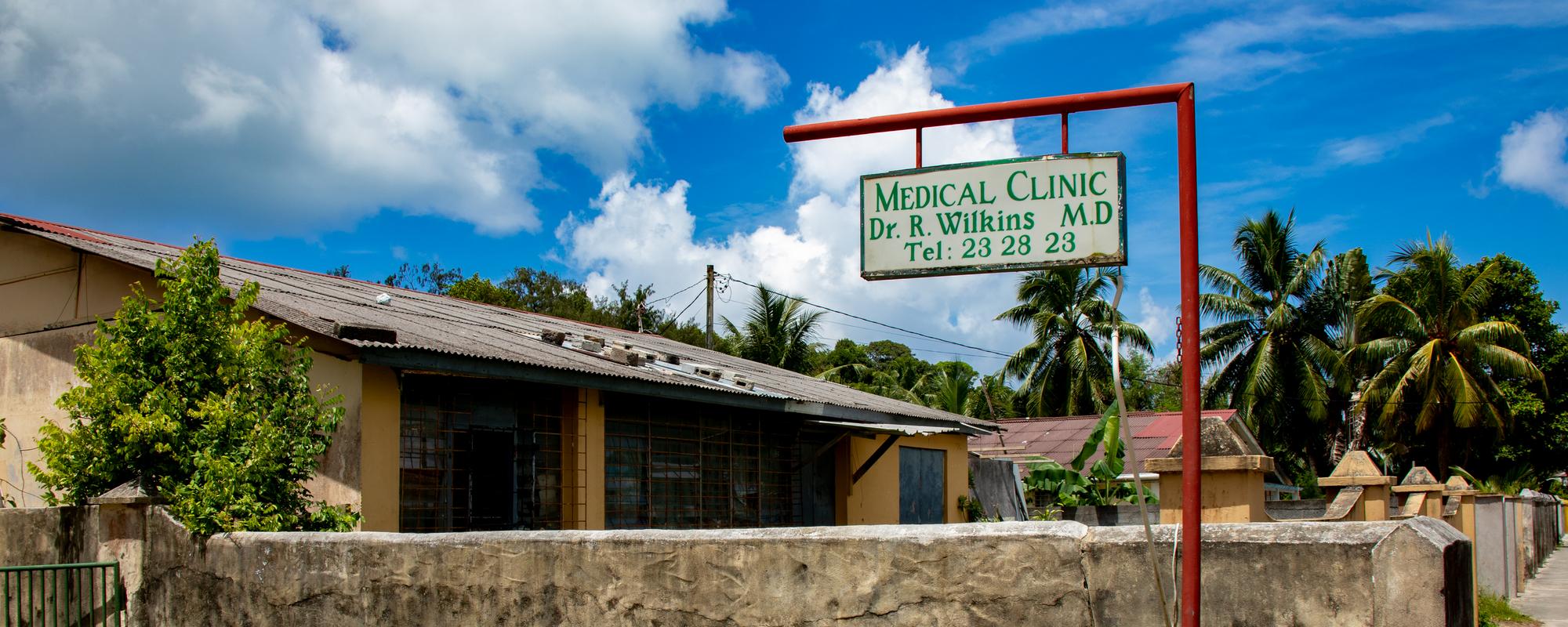
Households need financial support if Covid-19 restrictions are to be successful in Malawi. Furthermore, the authorities issuing the restrictions have an additional bearing on their enforceability. These are findings from a new study by Ellen Lust at the University of Gothenburg, examining the relationship between authorities and civil compliance in one of the world’s poorest countries.
In April 2020, then-President Peter Mutharika and his government announced plans to impose a 21-day national lockdown of Malawi. The announcement was met with country-wide protests. A coalition of domestic human rights organizations warned of a possible nationwide famine and accused the government of not taking sufficient measures to protect the country’s poor. The shutdown decision was appealed to the country’s highest court, which followed ruled against the government.
The spring’s events highlight the tough challenges governments face when dealing with a pandemic in countries like Malawi. With its 18.6 million inhabitants, Malawi is one of the most densely populated countries in Africa, but also one of the poorest in the world, with 40 per cent of the population living in extreme poverty. Widespread poverty makes restrictive policies too costly for people, while a weak healthcare system exacerbates the adverse health effects of the pandemic. These contradictions have led political scientists to take an interest in authorities’ abilities to pass restrictions that could work during a pandemic.
Local adaption of restrictions
The Program on Governance and Local Development (GLD), along with the Institute for Public Opinion and Research in Malawi (IPOR) and other international scholars, have examined factors affecting the population’s ability to comply with Covid-19 restrictions, such as bans on larger crowds and social distancing.
They found that decision-makers need to adapt restrictions to local conditions to bring about measures that are the least costly for the individual. Decision-makers are further urged to cooperate with local authorities. The GLD-IPOR study shows that people are most likely to listen to their district health officials when it comes to Covid-19 measures as there is a respect for their medical expertise, according to Professor Ellen Lust, Founding Director of GLD.
The survey included interviews with 4,641 Malawians. Among other questions, respondents were asked what drives their compliance with Covid-19 regulations. For instance, do they comply out of respect for authorities, fear of retaliation, or is compliance with restrictions connected to the economic cost for the individual?
“The cost to the individual was found to be an important factor. Social distancing restrictions and directives to wash hands are easier to comply with as they are less costly for the individual. In a country where a large part of the population already suffers from socioeconomic vulnerability, regulations preventing people from working could have devastating consequences. If such restrictions are to be successful, food supply guarantees and income support are vital for people to survive.”
Survey participants were also asked which authority in the local community they trusted the most concerning preventive measures and recommendations during the pandemic – the chief physician at the district hospital, the local religious leader, or a local traditional authority.
“The survey found that, while people have great respect for all three, they see them as authorities in different areas. When it comes to information about Covid-19 risks, people rely most heavily on the chief physician’s recommendations in his capacity as a medical expert.”
Lust concludes, “we hope that this research will contribute to the development of sustainable strategies at national and local levels to counter the spread of Covid-19 in Malawi.”


